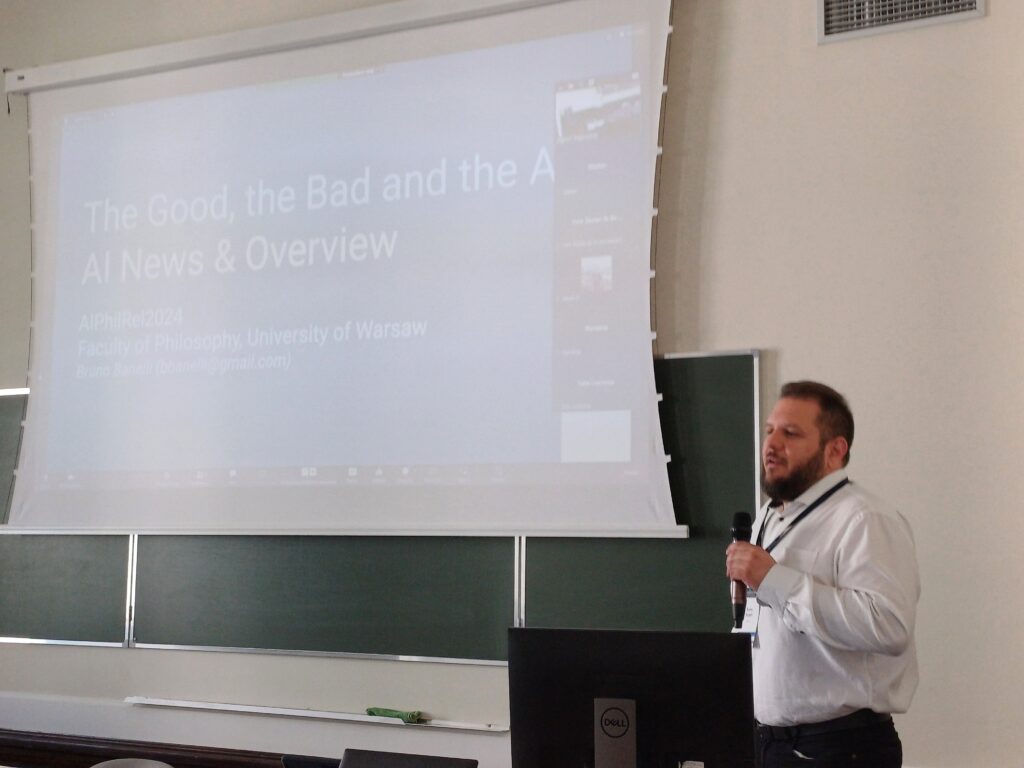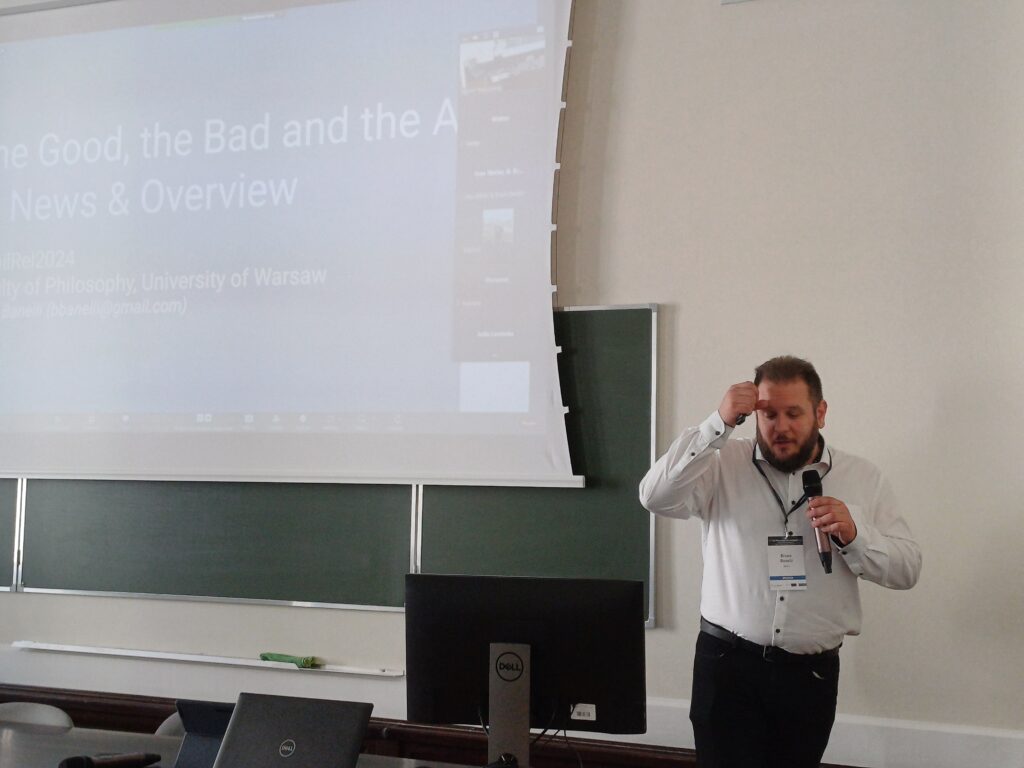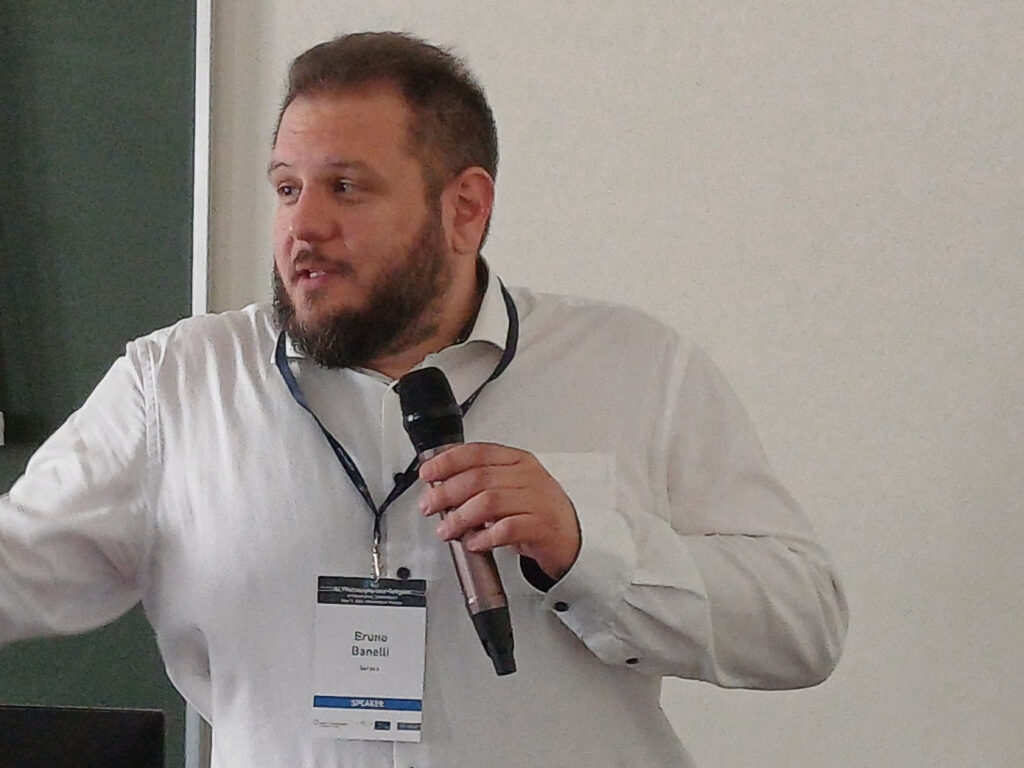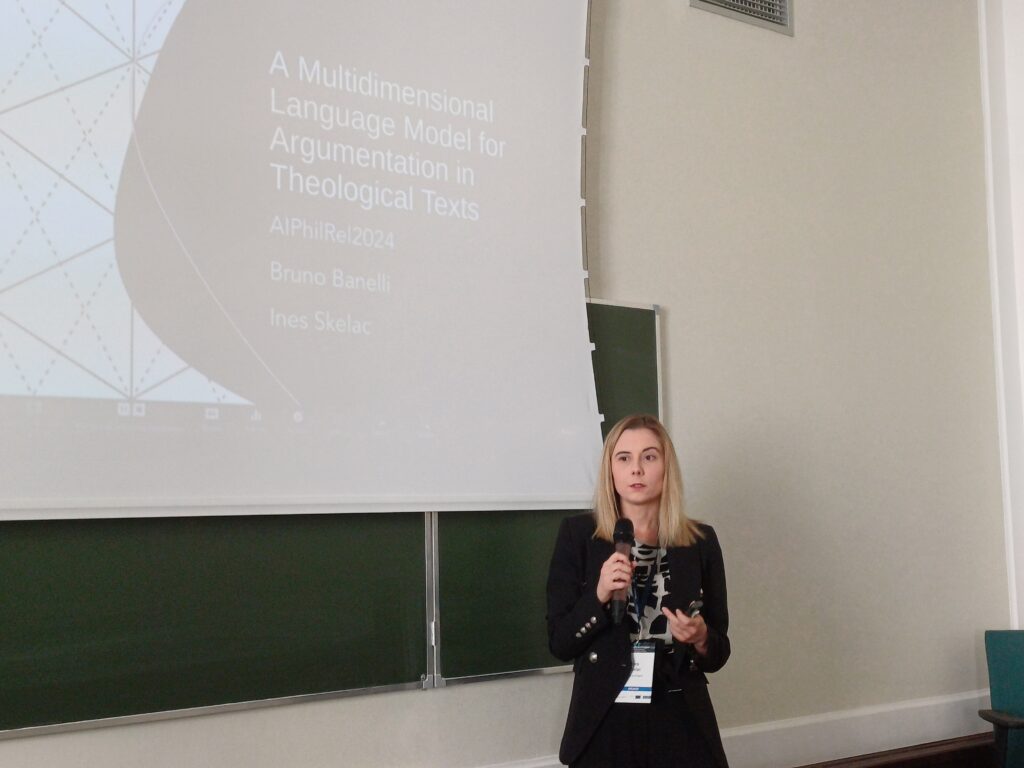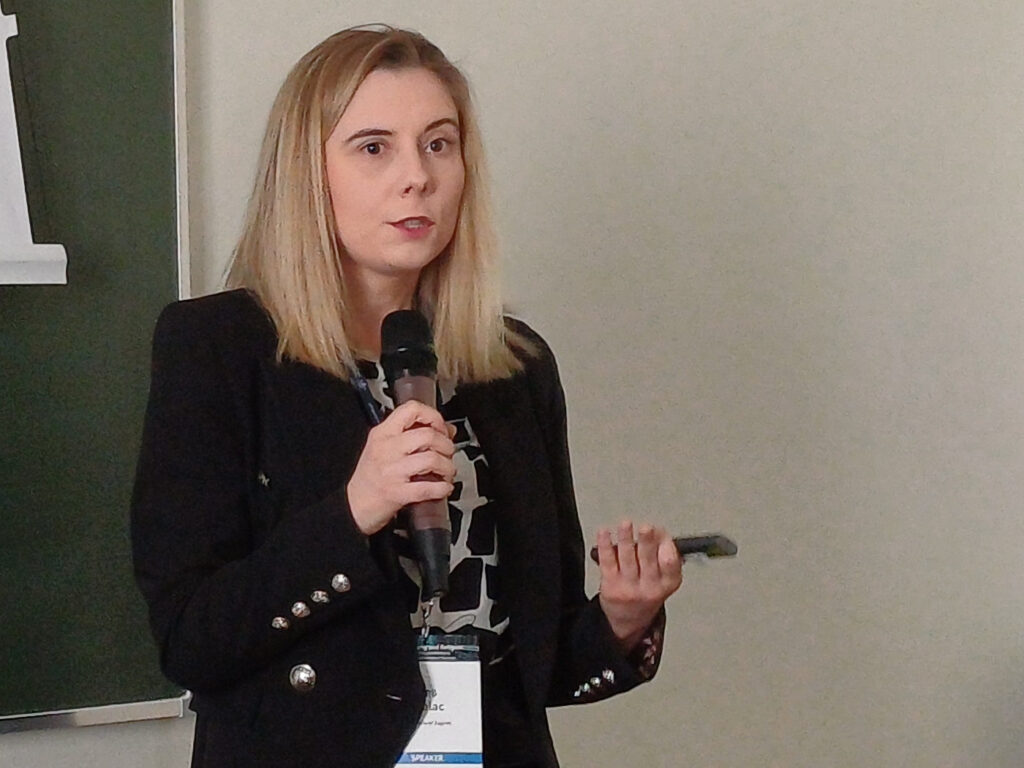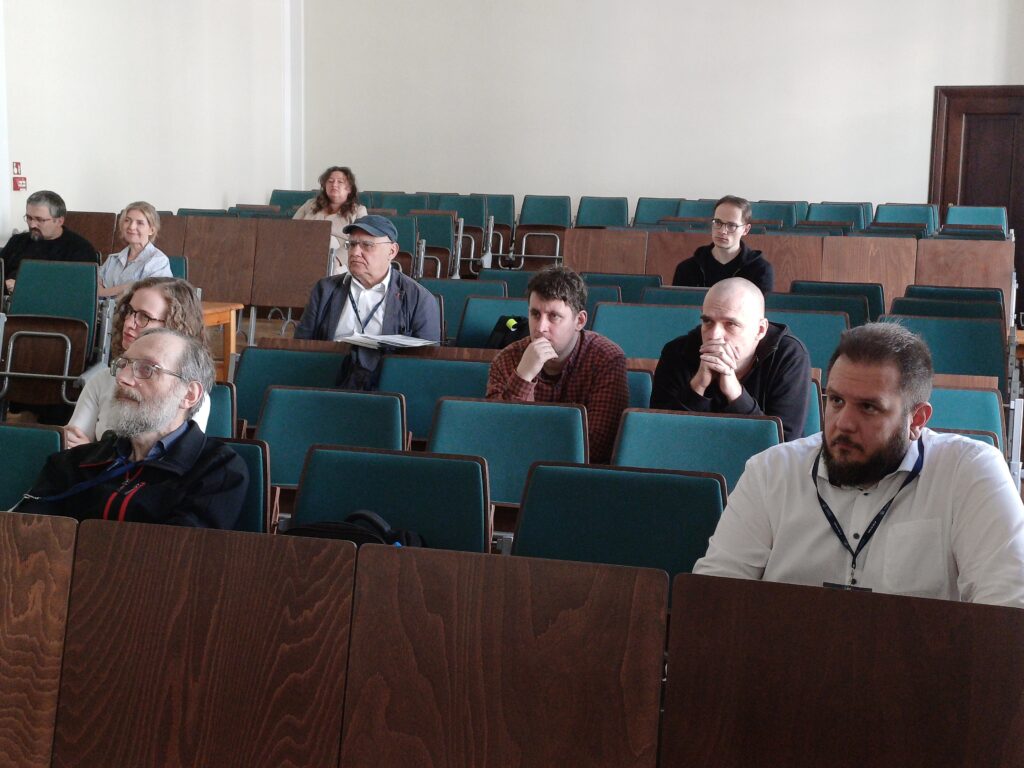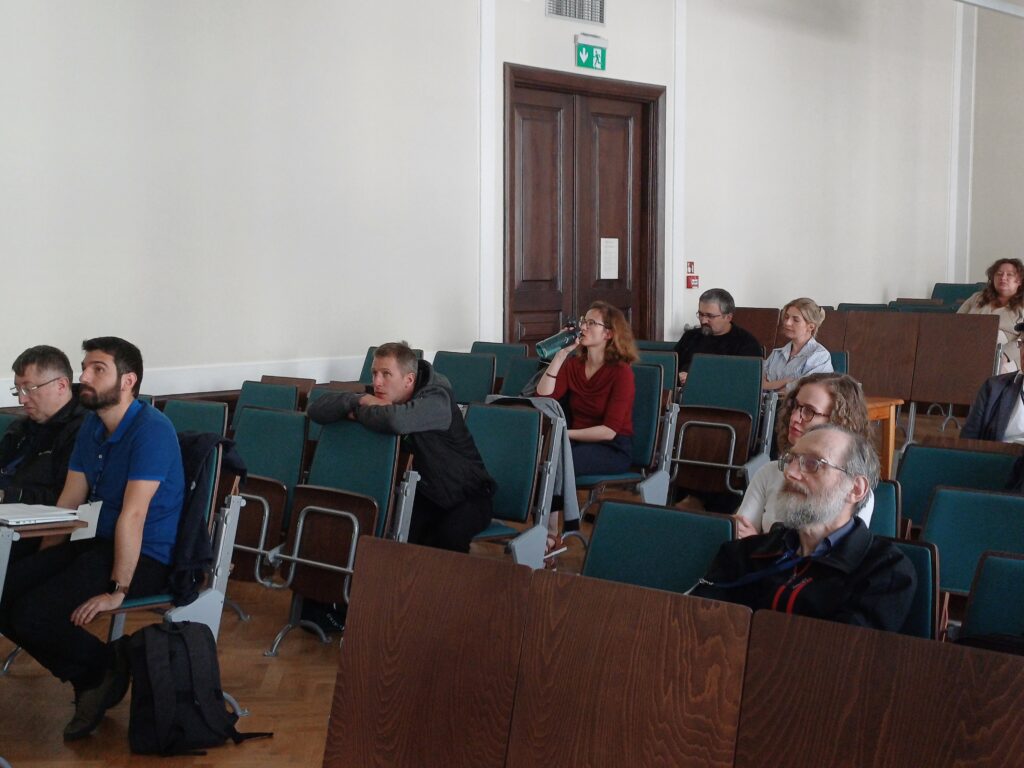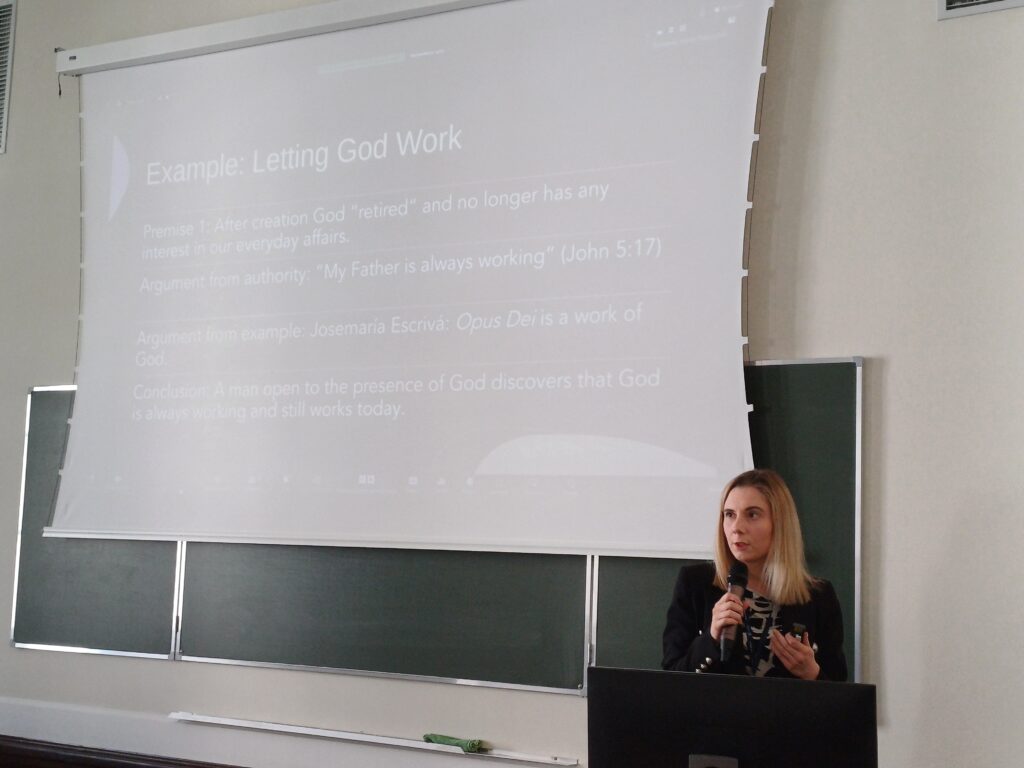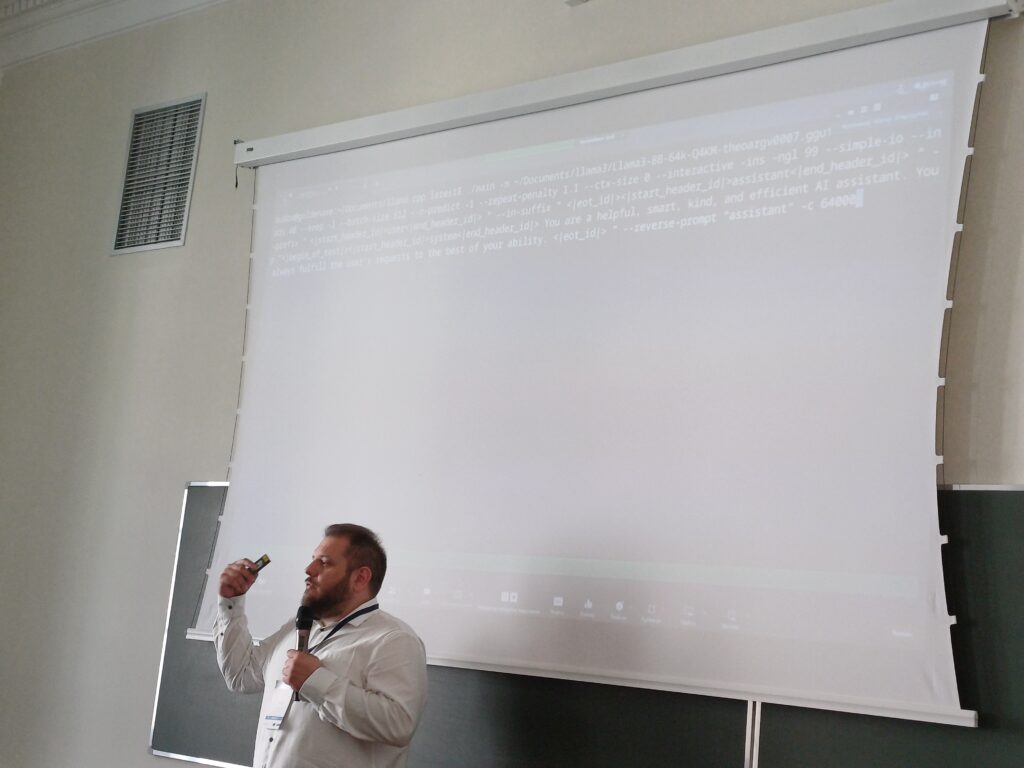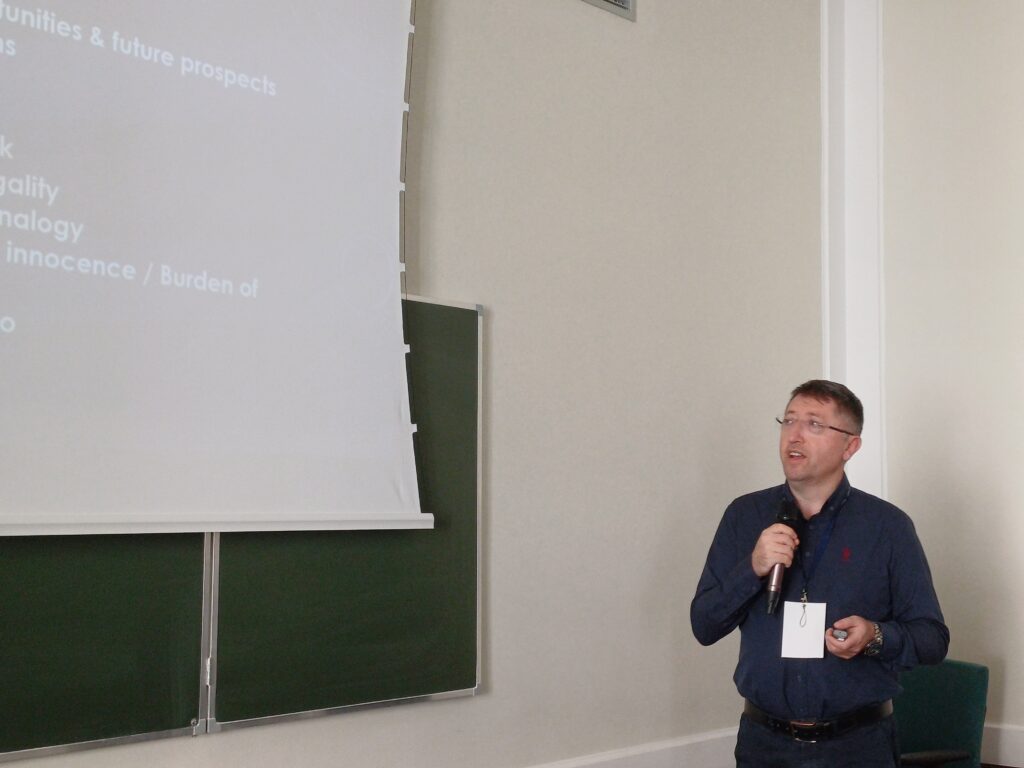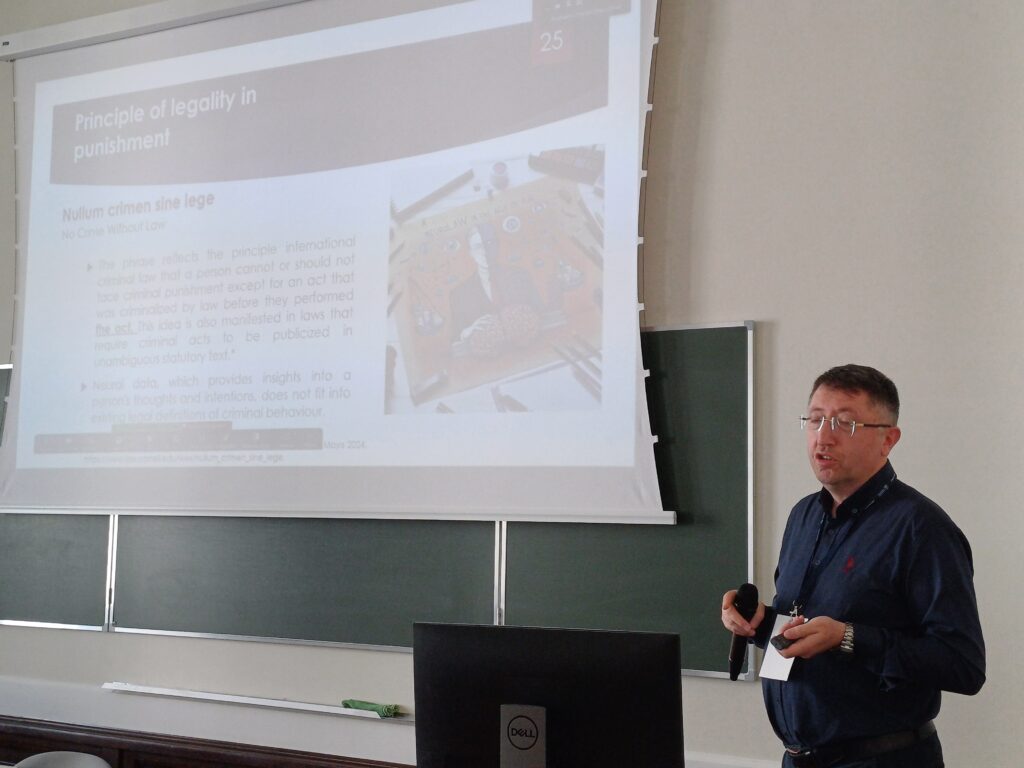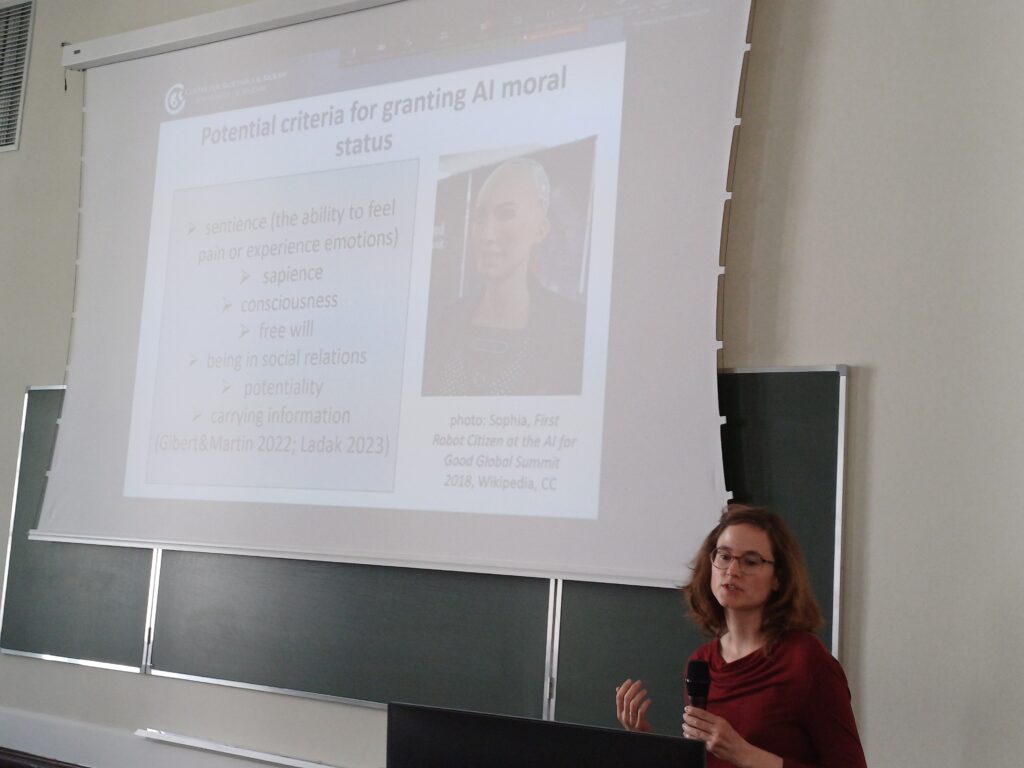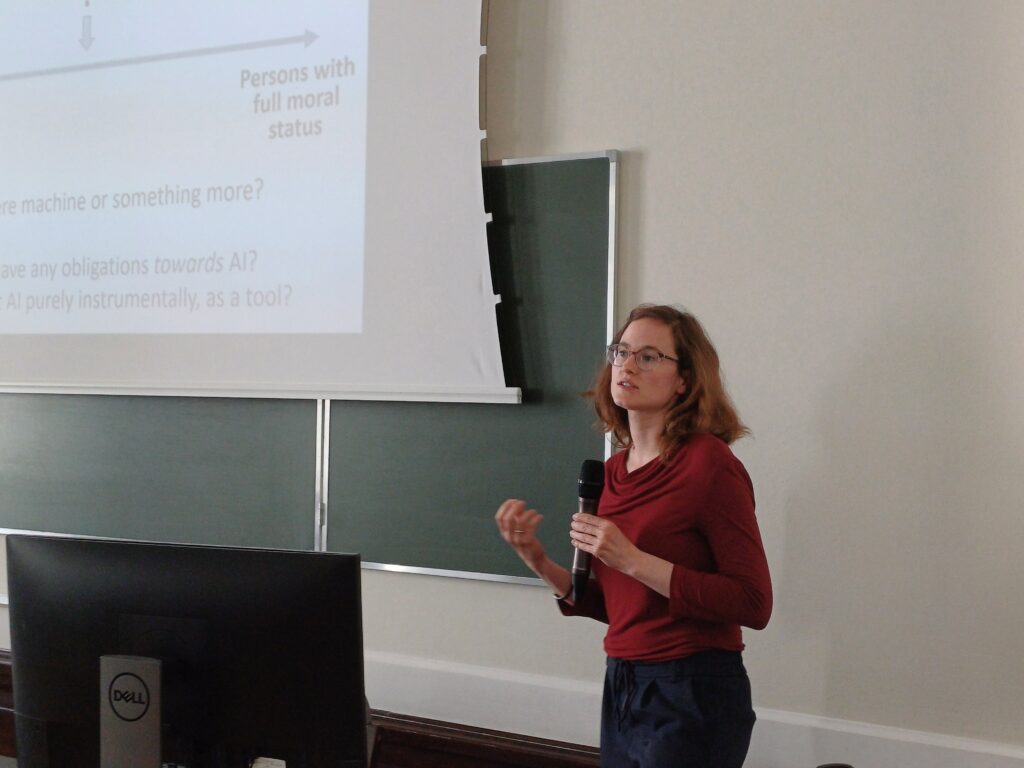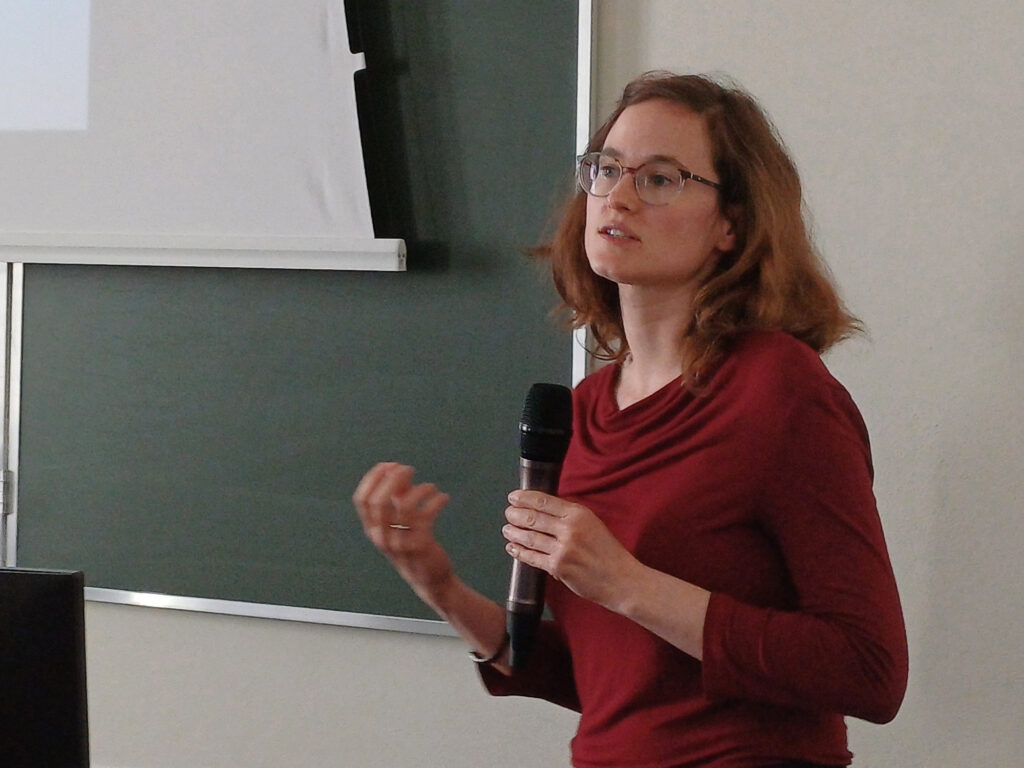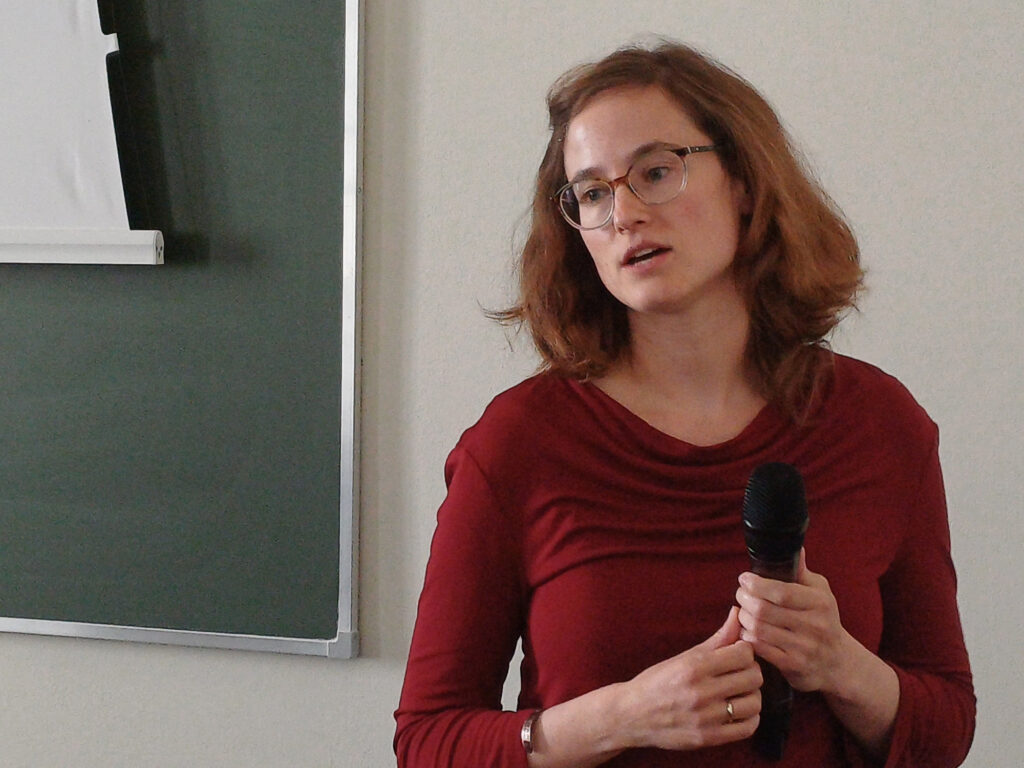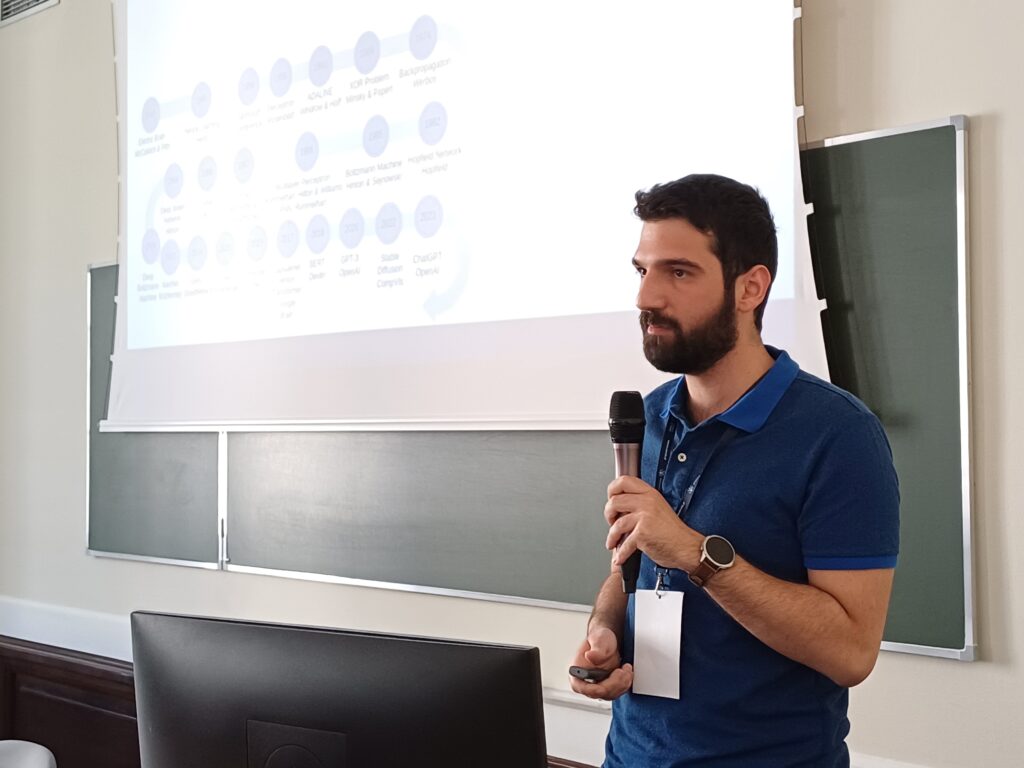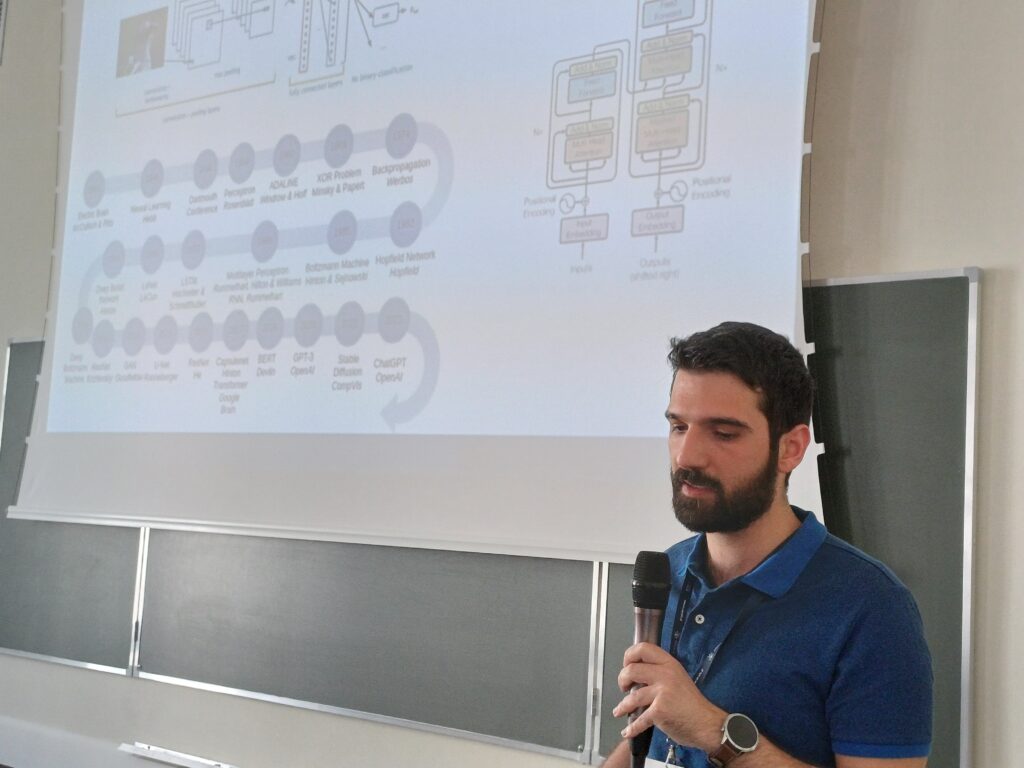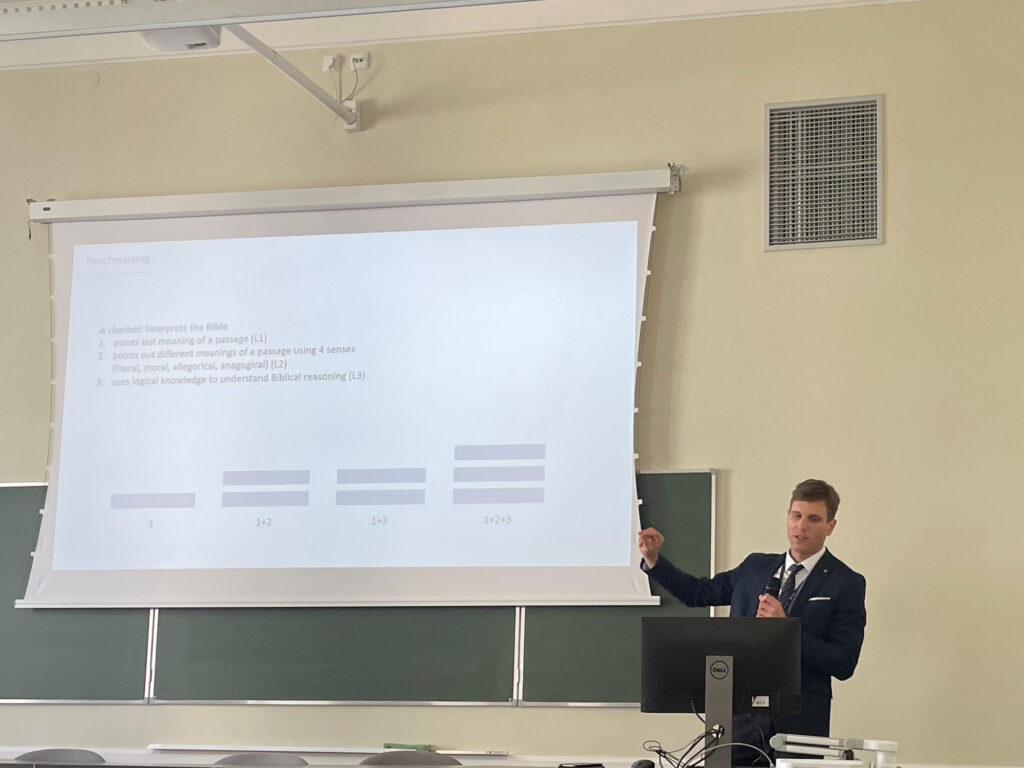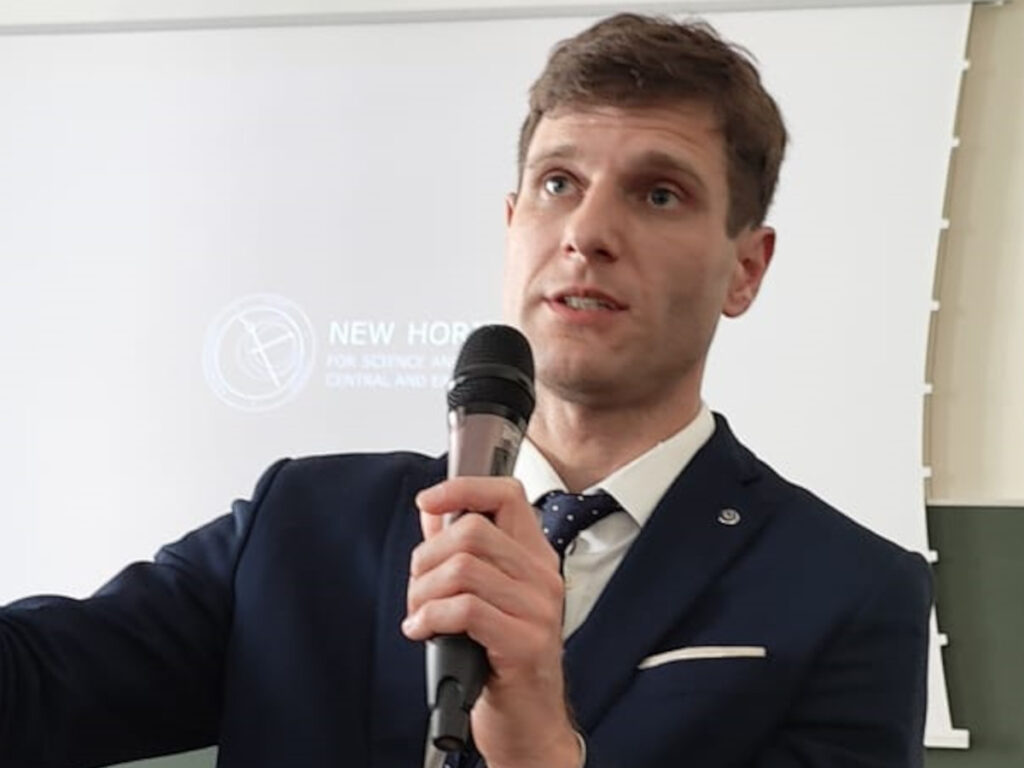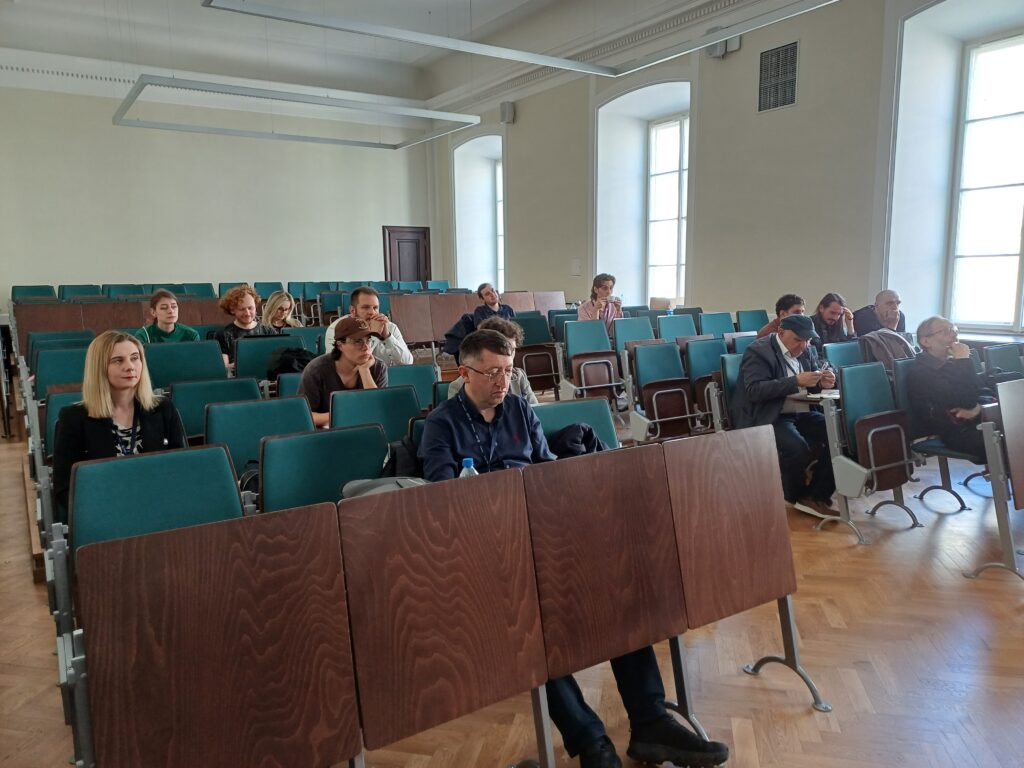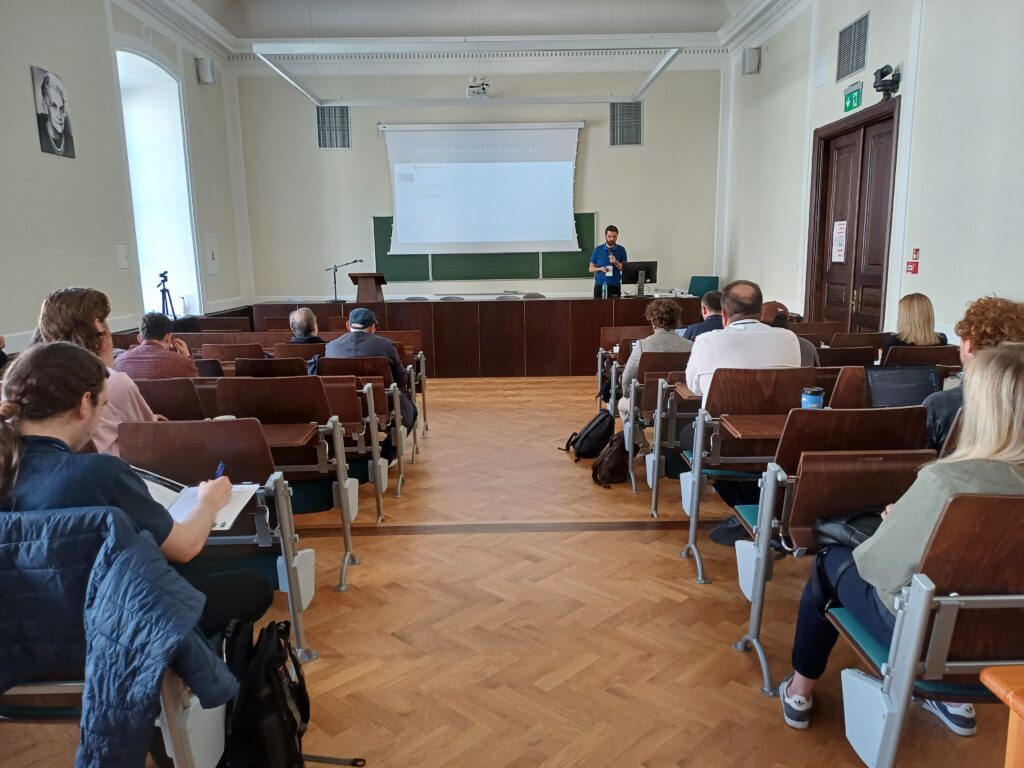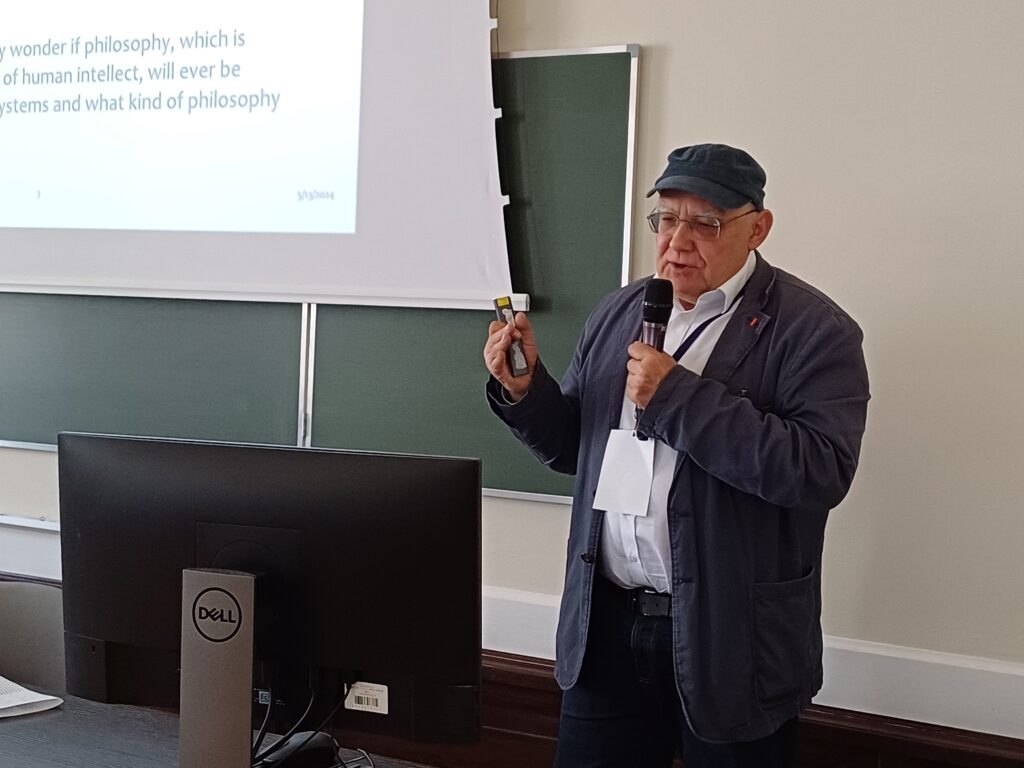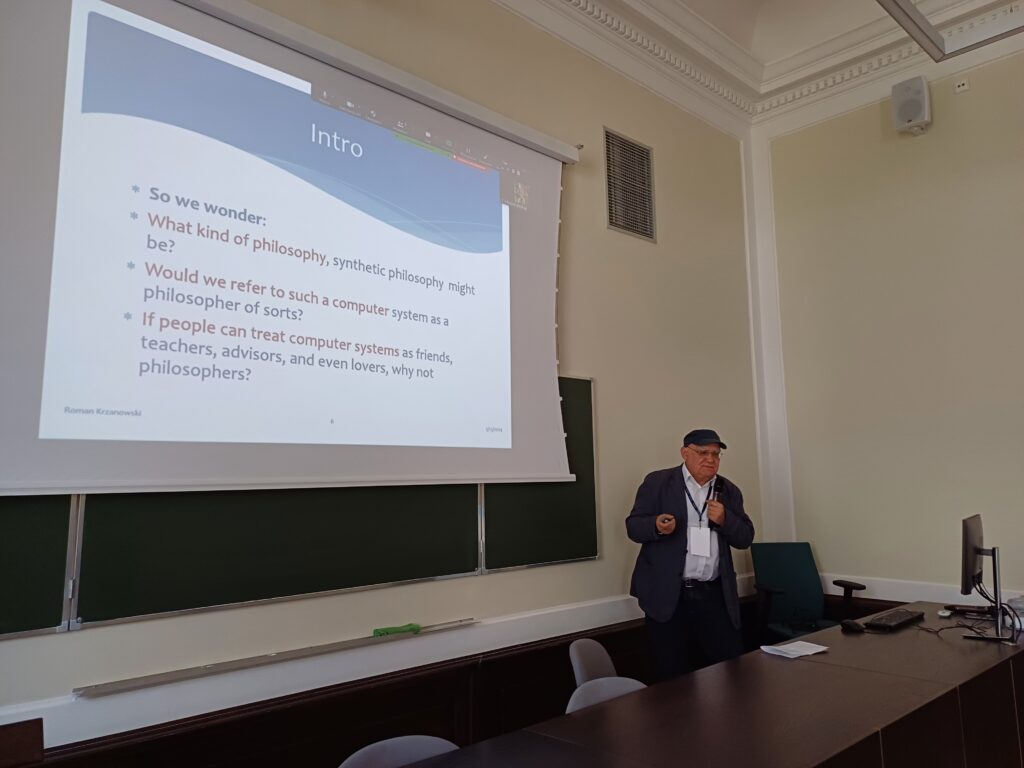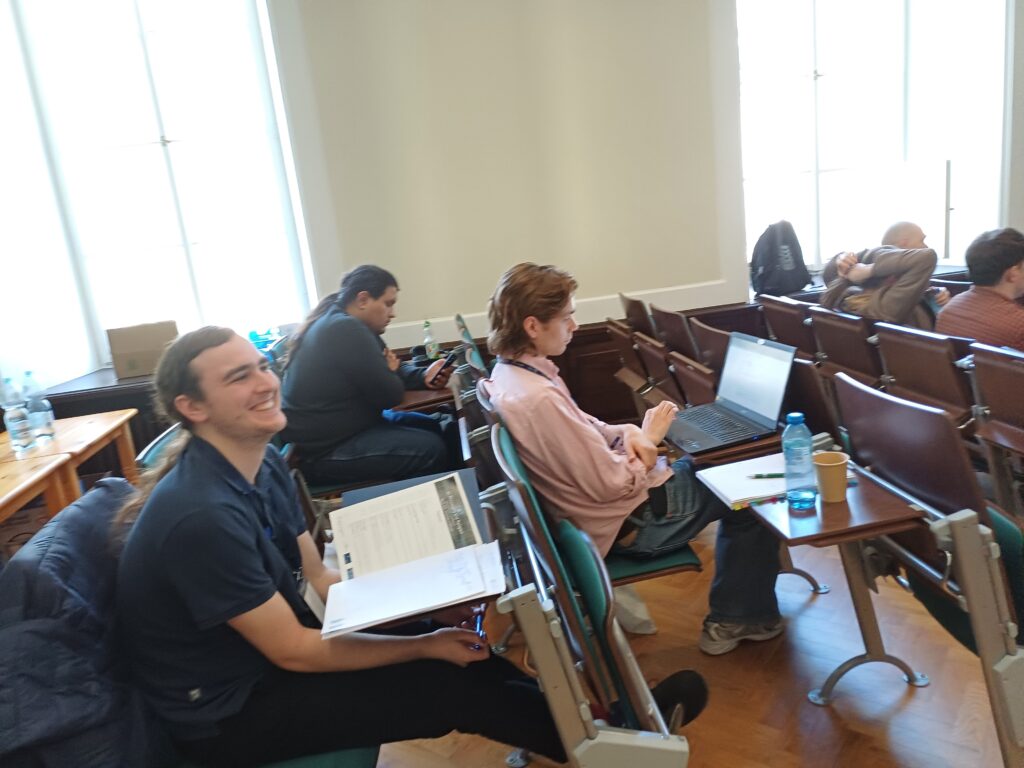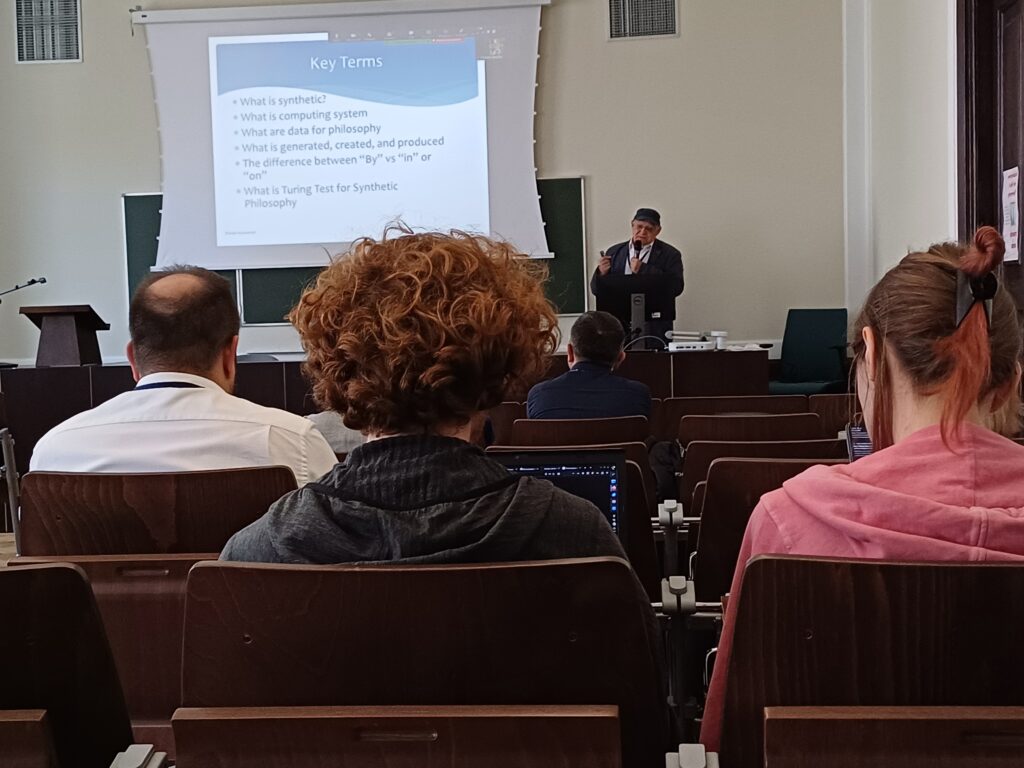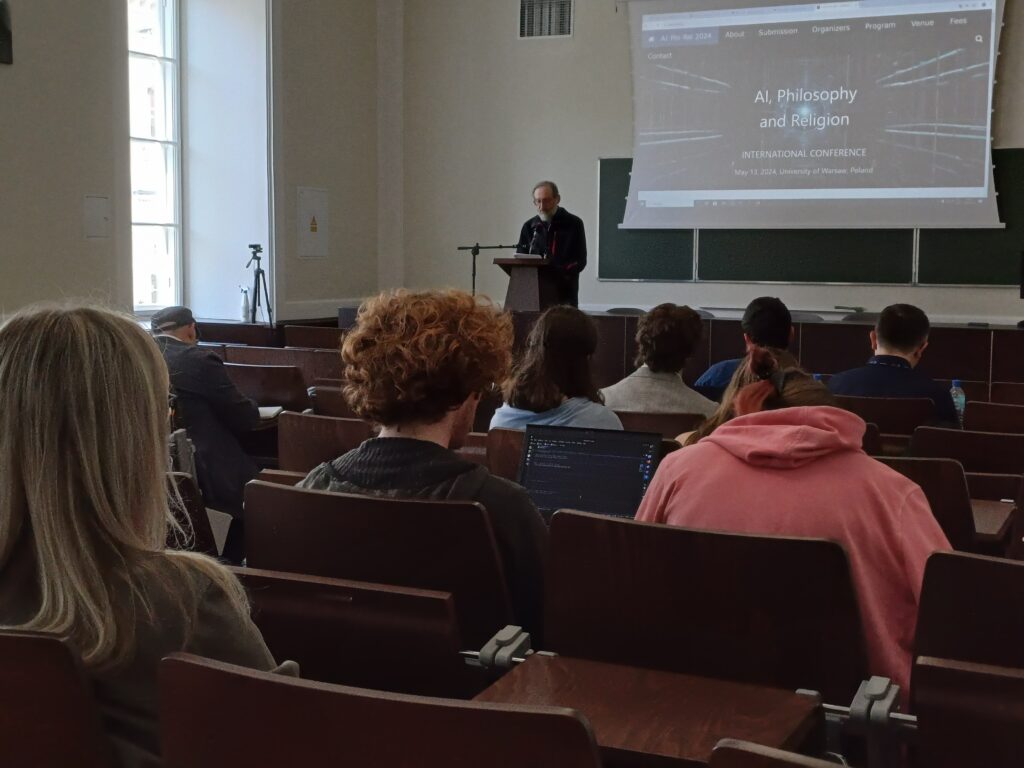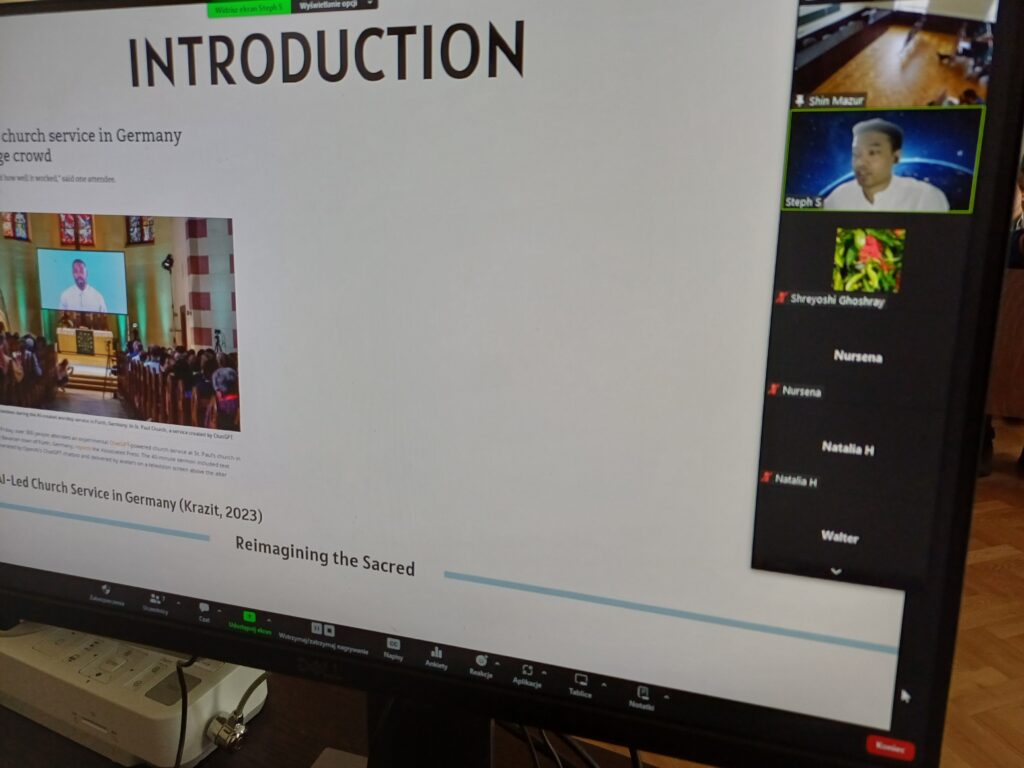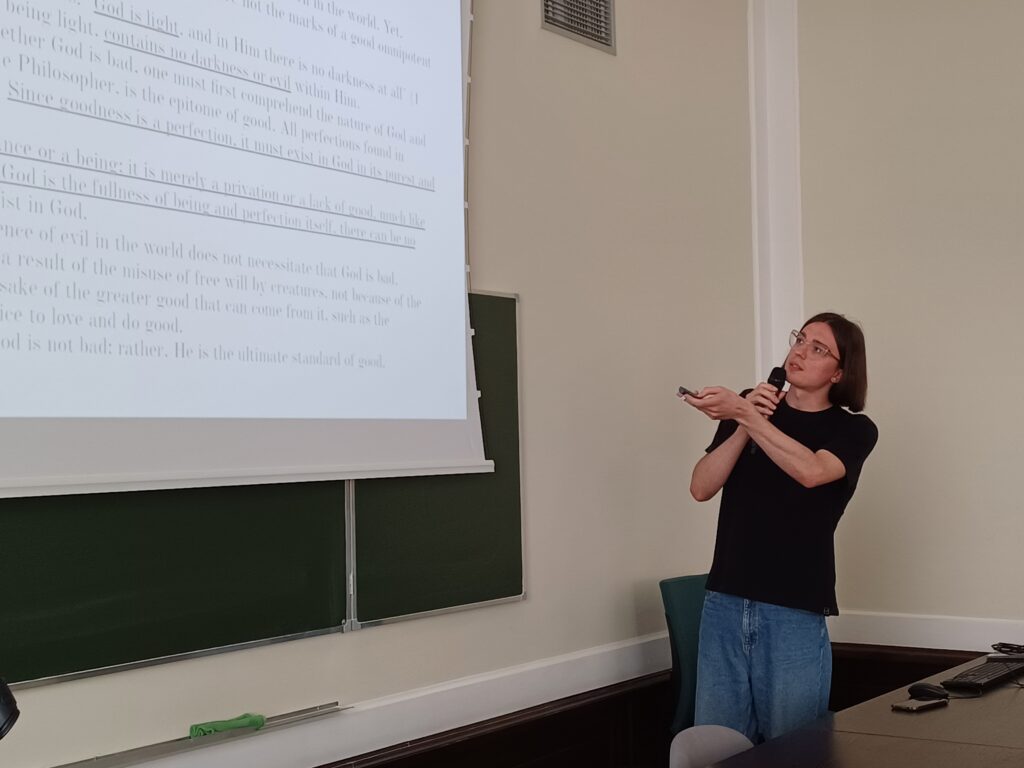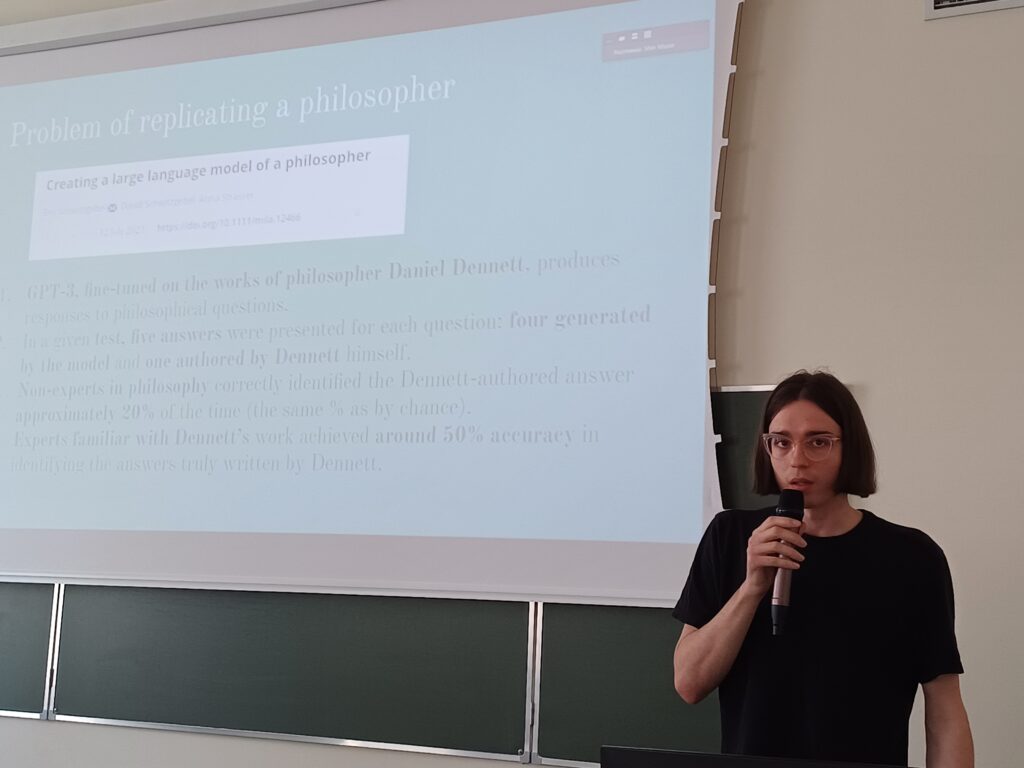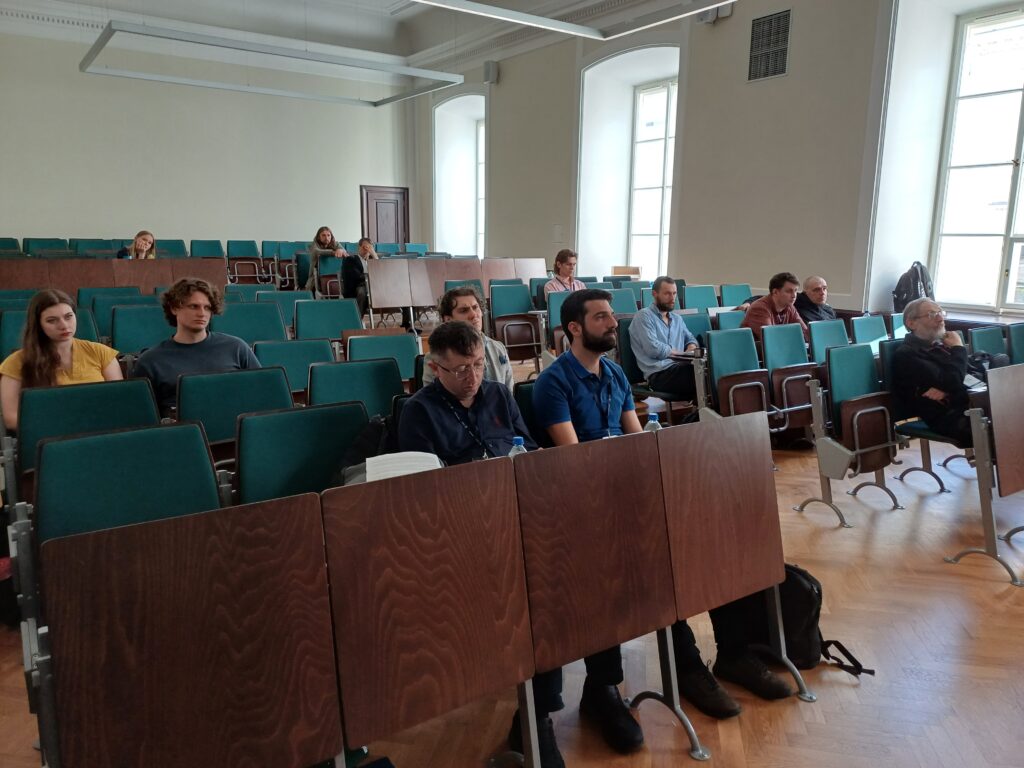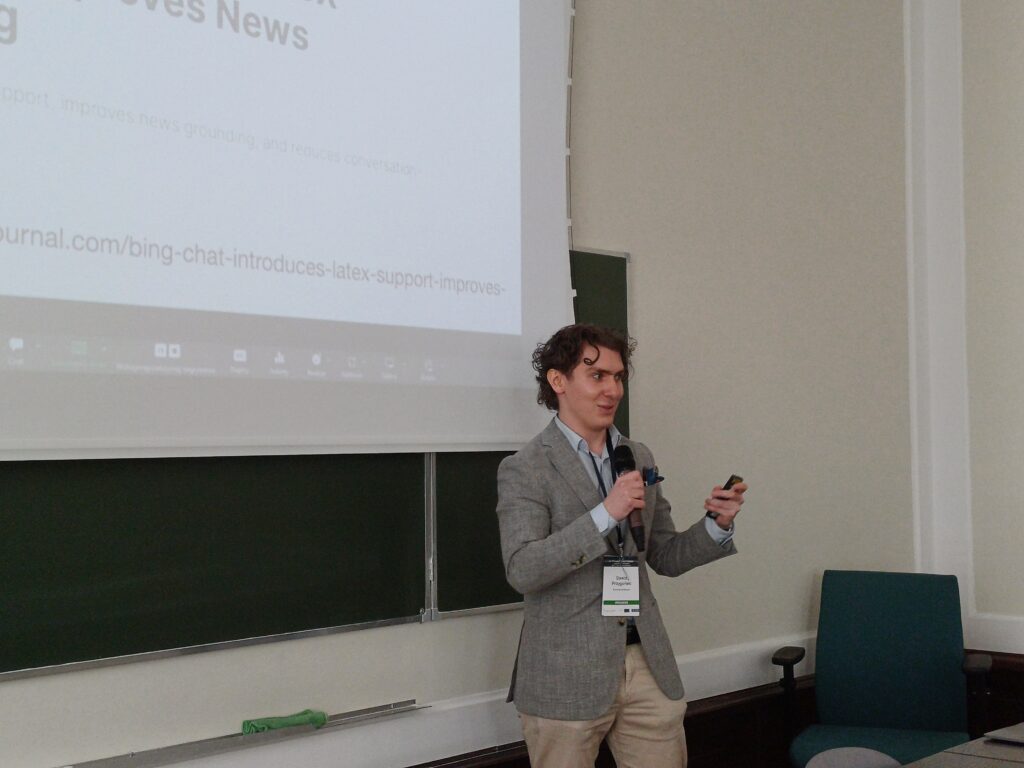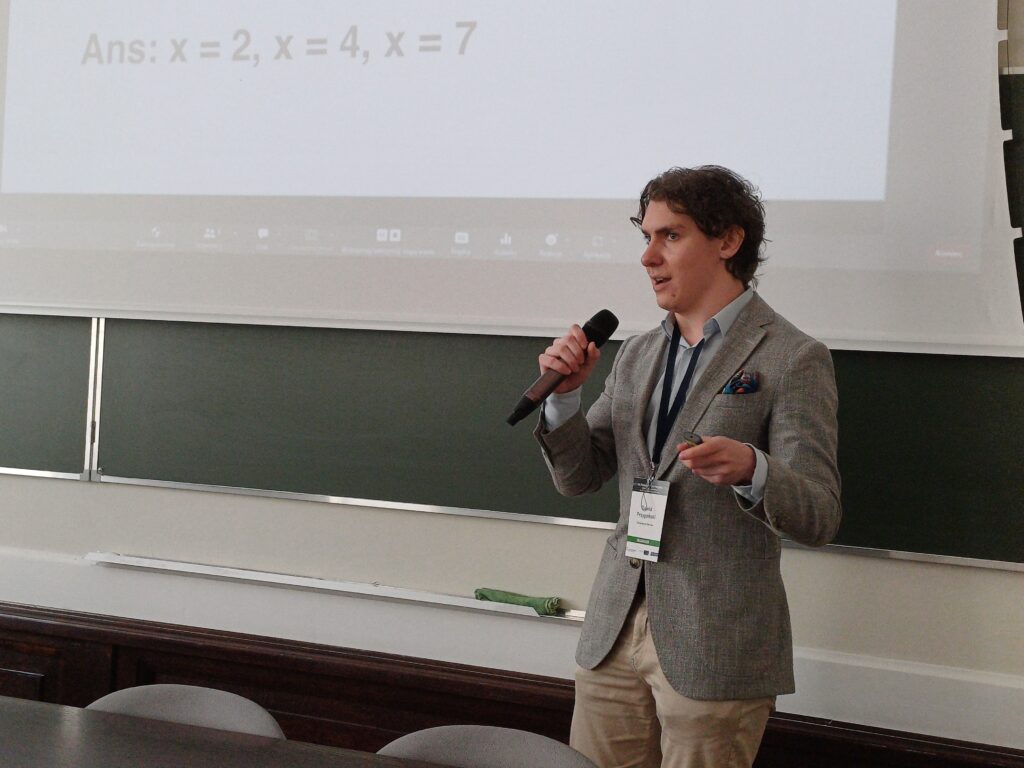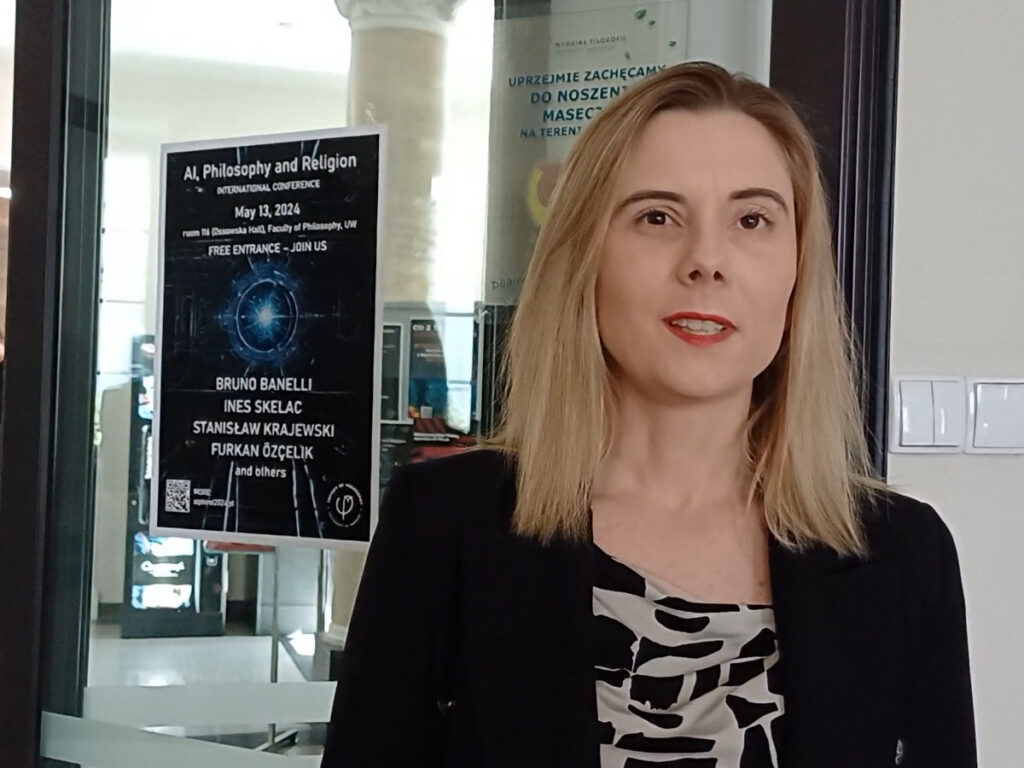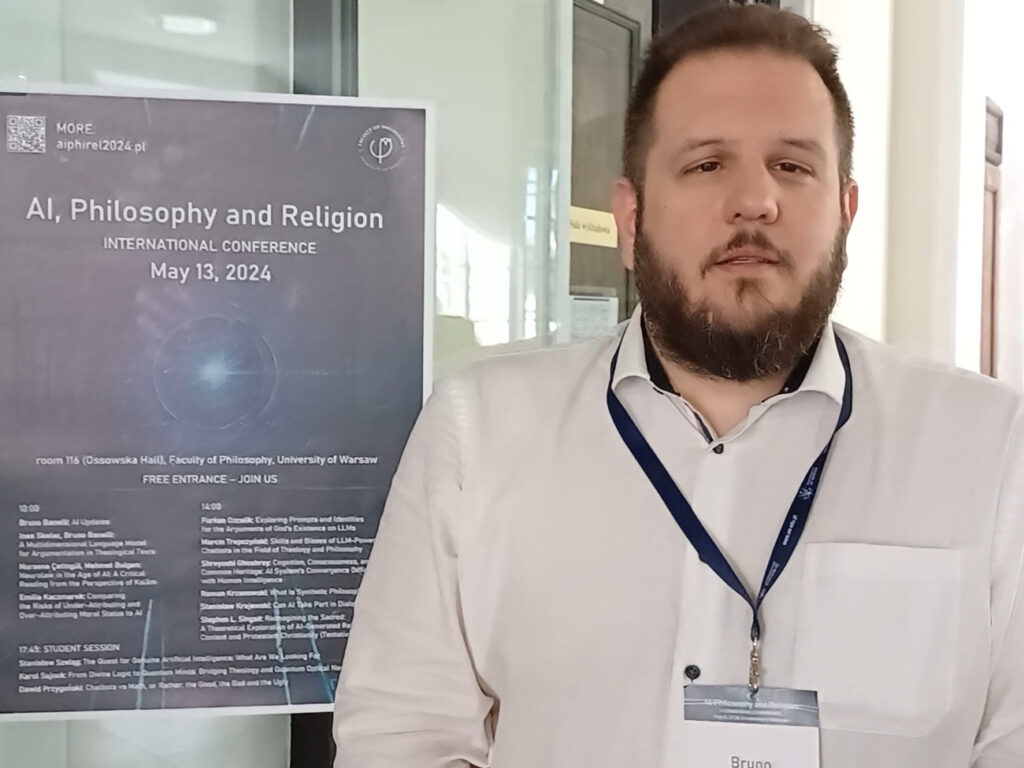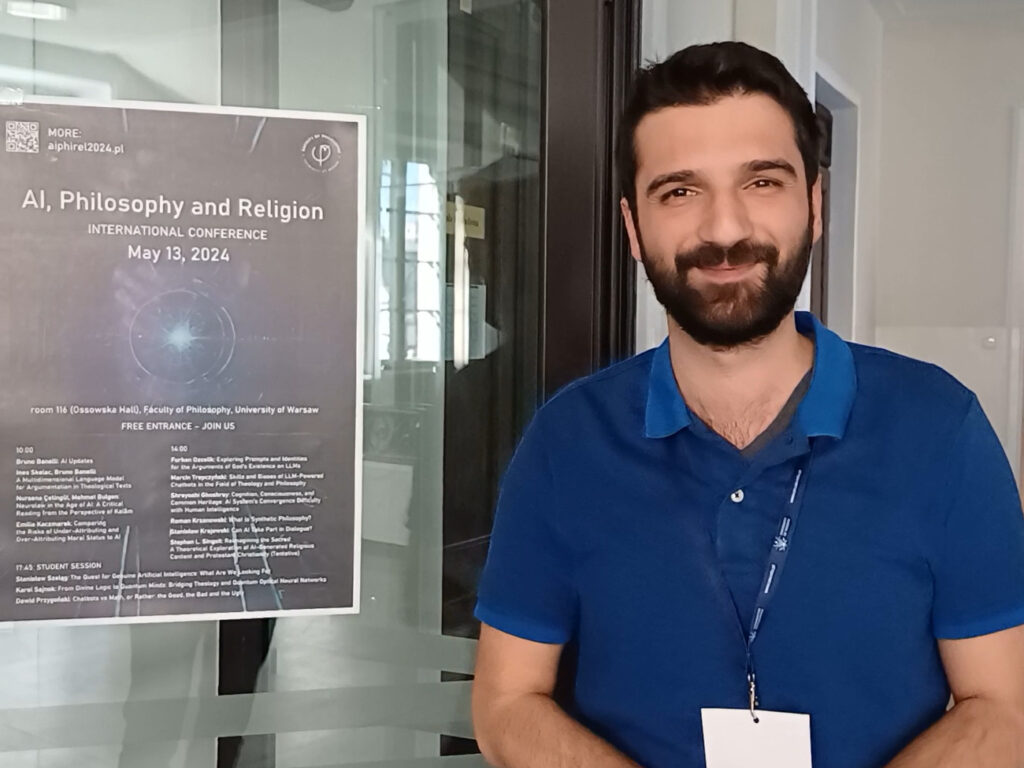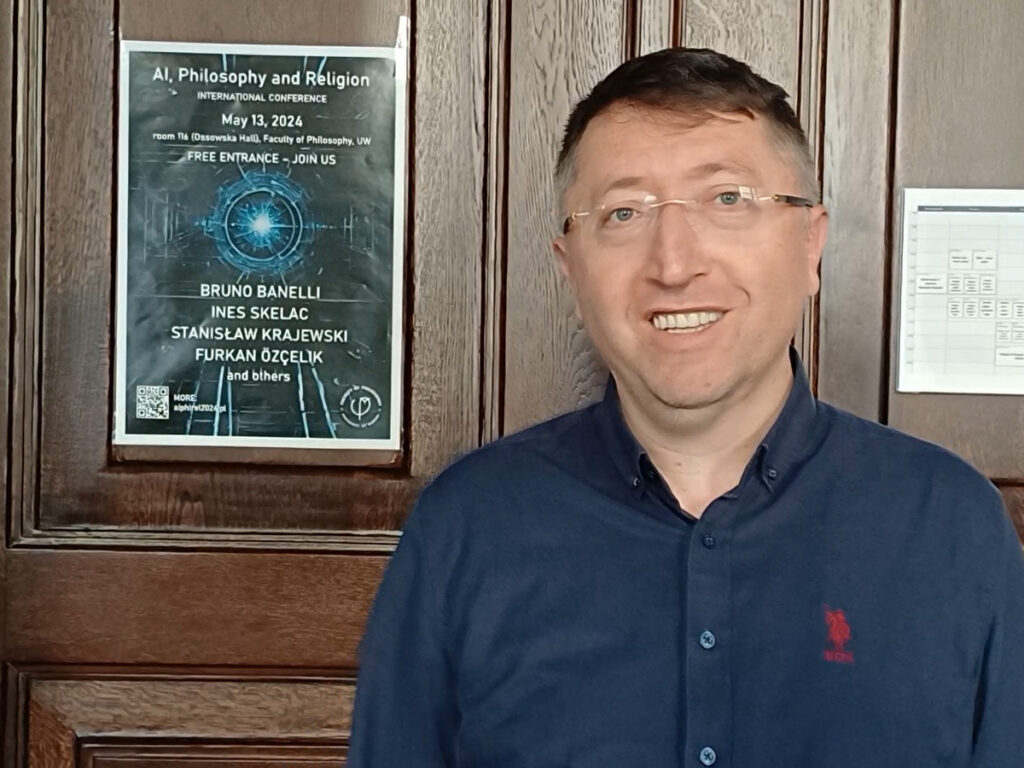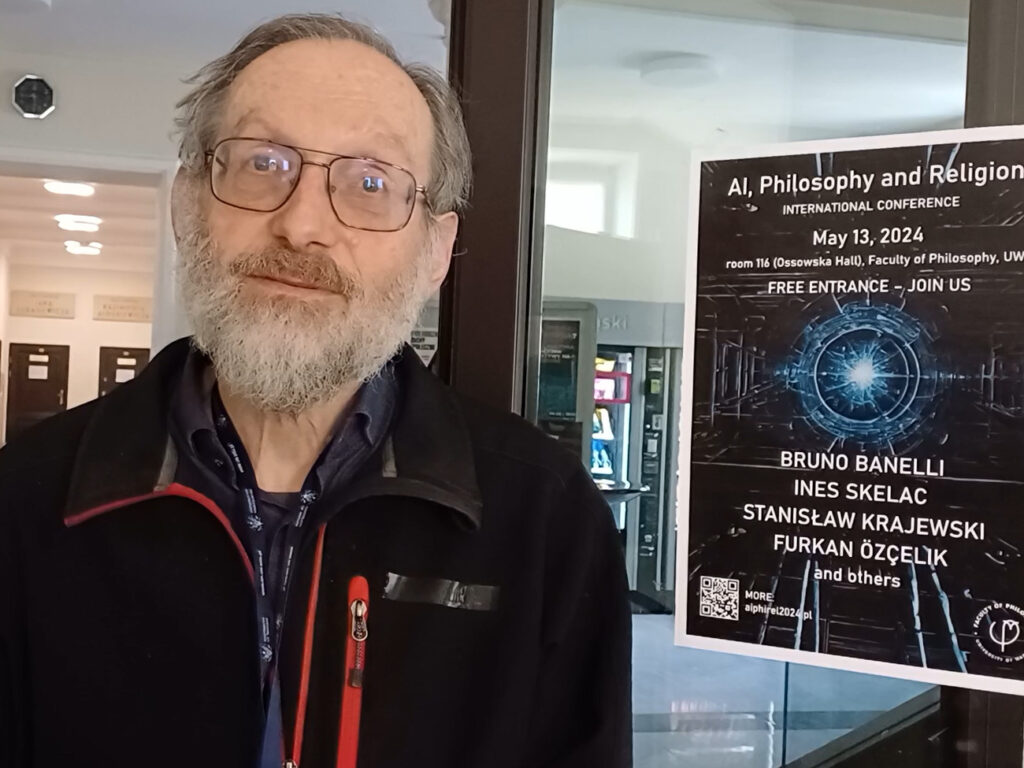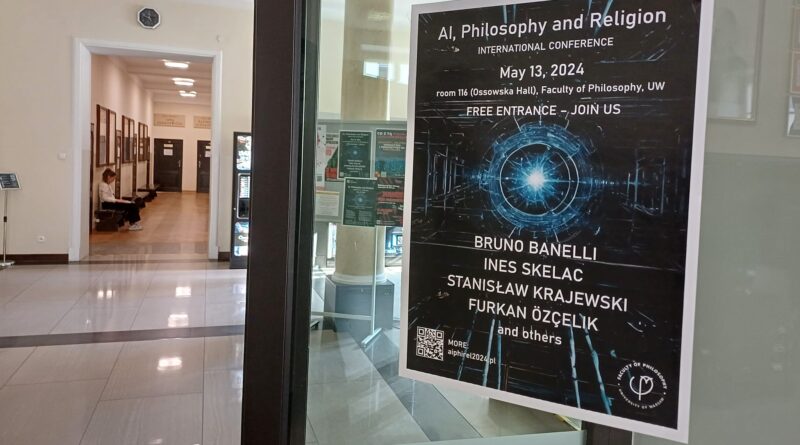AI in the Context of Philosophy and Religion
On Monday, May 13, 2024, at the Faculty of Philosophy of the University of Warsaw, we examined AI in the context of philosophy and religion. Participants of the international conference “AI, Philosophy and Religion” considered both fundamental questions about artificial intelligence and showed the results of tests and research showing its current capabilities. More: below.
The conference was attended by researchers from Poland, Croatia, Turkey, India and the USA, including prof. Ines Skelac, vice-dean of the Faculty of Philosophy and Religious Studies at the University of Zagreb, as well as prof. Mehmet Bulgen from the Department of Kalam at the Marmara University in Istanbul. The Faculty of Philosophy of the University of Warsaw was represented by, among others: a famous logician and a specialist in the philosophy of dialogue, prof. Stanisław Krajewski and an expert in bioethics and AI ethics, Dr. Emilia Kaczmarek. We also hosted Dr. Roman Krzanowski, a specialist in philosophy of information and in philosophy of AI from the Faculty of Theology of the Pontifical University of John Paul II in Krakow.
The speakers considered, among others: whether AI can be a participant in dialogue; whether it is better to assume that AI is a moral subject or that she is not; can we talk about AI’s consciousness? They also showed: the results of training the Llama3 model on the corpus of Benedict XVI’s texts; how to prompt the chatbot to properly develop proofs for the existence of God; as well as how to measure the skills of chatbots based on LLMs in the field of philosophy and theology, and what kind of AI’s philosophical biases we can expect. We also saw how AI is approached from a Muslim and Protestant perspective.
The conference opened with a unique speech by Bruno Banelli, a computer sicentist and AI expert from Croatia, who closely collaborates with the University of Zagreb as part of many research projects on AI. A very important point of the conference was the student session, where you could learn about the results of our young researchers. To see the programme, click: here.
A book of abstracts is available here: [AIPhiRel Book of Abstracts]
It was interesting and inspiring. We would like to thank all participants for taking part in this extraordinary event!
The institutional organizer of the conference was the Faculty of Philosophy, University of Warsaw. The conference was part of the project “Testing AI as a Rational Theologian,” which is part of the University of Oxford project “New Horizons for Science and Religion in Central and Eastern Europe” funded by the John Templeton Foundation. The organisers also cooperated with the Science Philosophy Religion Foundation.
